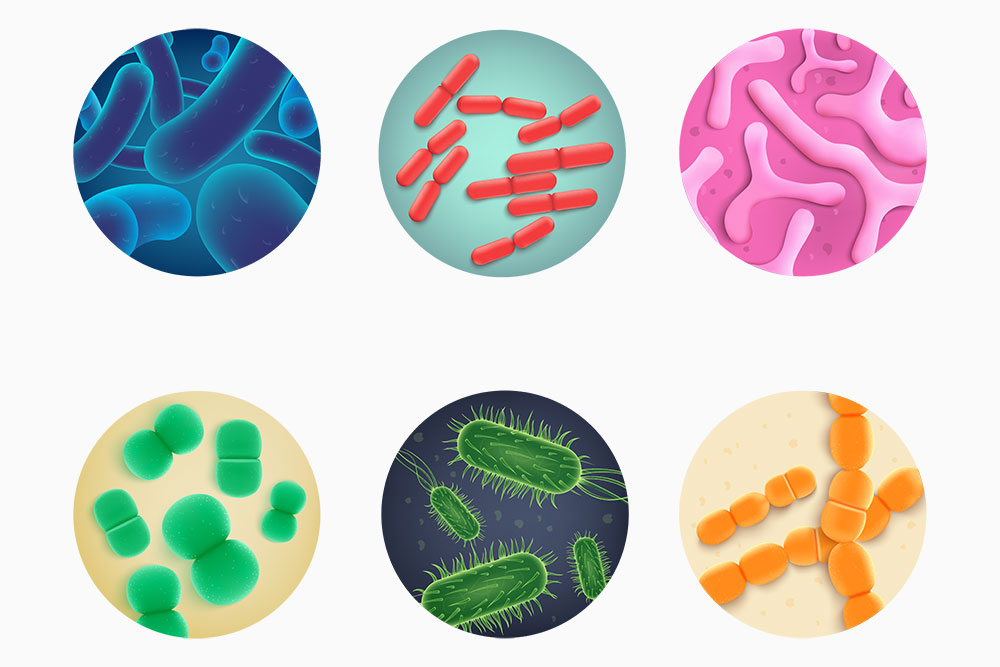Why should we consume yogurt?
Yoghurt is a food known since ancient times and derived from the fermentation of milk by certain bacteria belonging to the genus Lactobacillus and Streptococcus. As a food derived from milk, it falls under the category of dairy products.
Yoghurt is loved by adults and children for its taste and freshness, which make it an ideal meal at different times of the day: with the addition of cereals or oats for breakfast or accompanied by fresh and dried fruits, but also as a light and healthy dessert.
What are the benefits of yogurt?
Undoubtedly, yogurt is a very healthy food for our body: do not forget that the Mediterranean Diet recommends the consumption of one or two portions of dairy products per day. This is because yogurt is a source of important nutrients, such as calcium, vitamins, phosphorus and potassium. It is therefore very beneficial for the health of bones and teeth; in its content of lactic ferments is essential for the balance of intestinal bacterial flora.
Yogurt has a moderate calorie intake, which makes it suitable even for those following a slimming diet, and it is also rich in vitamins A and B.
Yogurt is also an excellent source of protein; we talk about this in detail in the following paragraph.
Proteins: What are they and what are they for in our body?!
Proteins are a large group of organic compounds, consisting of long chains of amino acids linked together by peptide bonds.
These chains can assume different three-dimensional conformations in space based on the interaction that is created between different amino acids. This conformation is essential for carrying out the biological function of different proteins which can be of different types.
Let’s look at them in more detail.
Protein function
Proteins play a structural and essential role in a large number of vital activities in our body, including DNA replication, strengthening the immune system, and transporting molecules within our body. The functions listed above, along with many others, see protein molecules as protagonists that we are used to hearing called by other names: enzymes, antibodies, hemoglobin, etc.
The “building blocks” of our body
Along with carbohydrates and fats, proteins belong to the category of so-called macronutrients and are essential for tissue development. One of the main functions of proteins, in fact, is structural: think of them as the building blocks of our body.
For this reason they are highly sought after by athletes and fitness enthusiasts: they are essential for muscle development as they are the main component of muscles.
Whey Protein
There are several types of proteins. In general, proteins of animal origin have a higher biological value than those of plant origin as they also contain essential amino acids, or those that our body is unable to synthesize on its own, but must obtain from the outside. Among animal proteins, whey proteins are among the best, as they are highly assimilable by humans. As with all nutrients consumed in food, proteins undergo a degradation process during digestion, which breaks them down into their basic components, namely amino acids.





